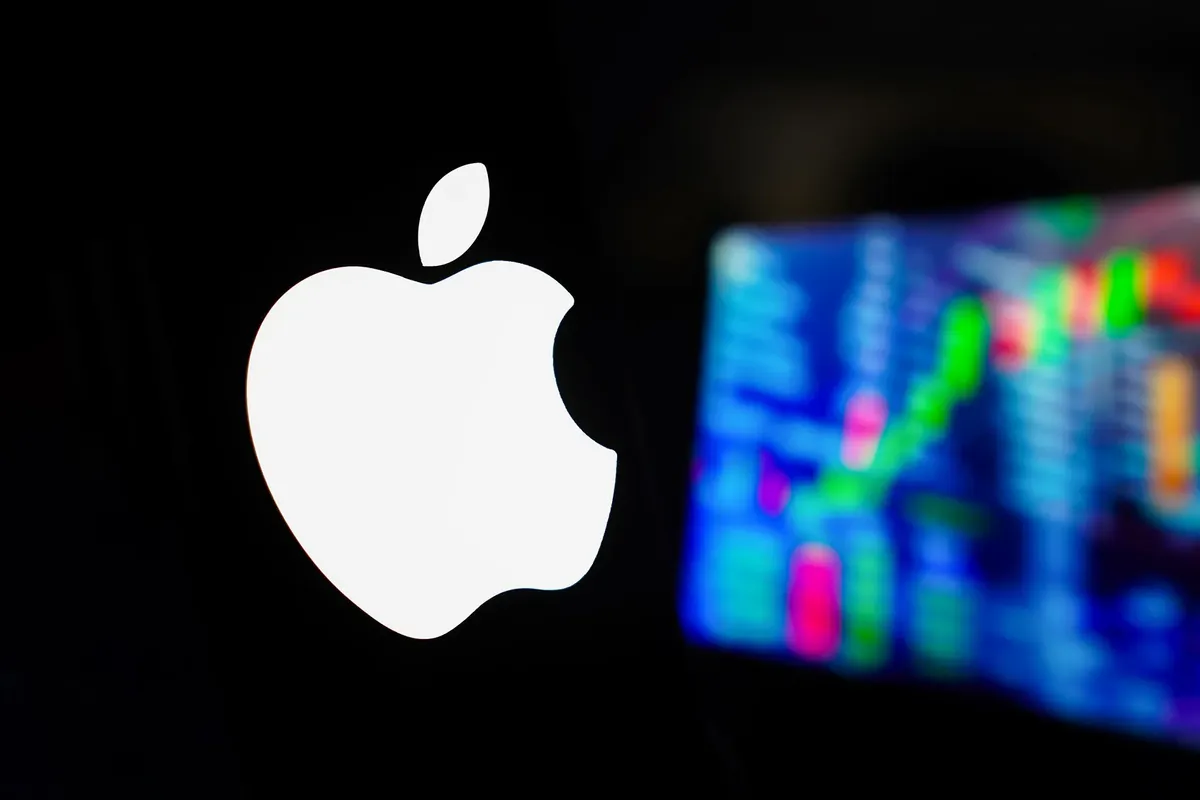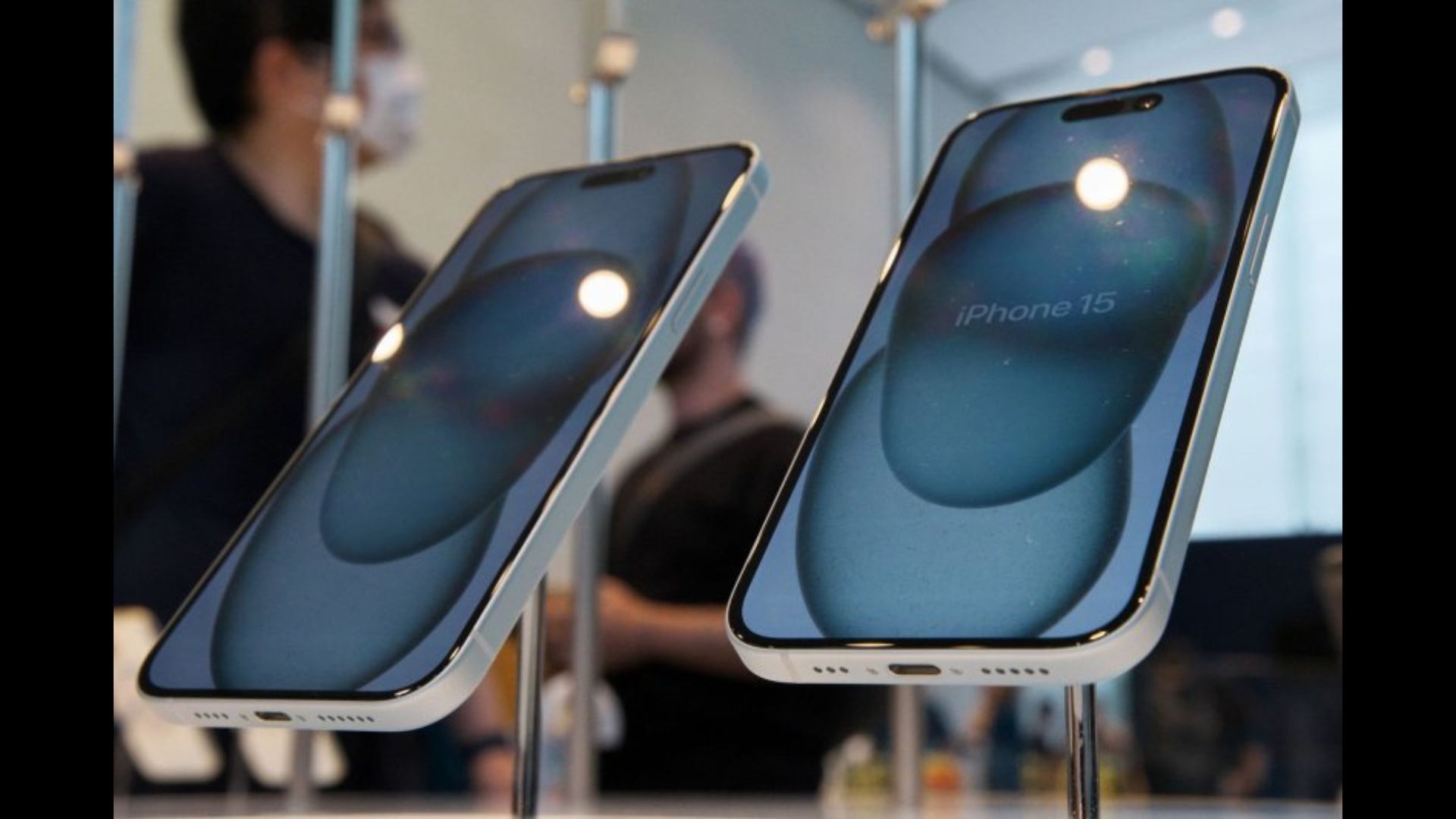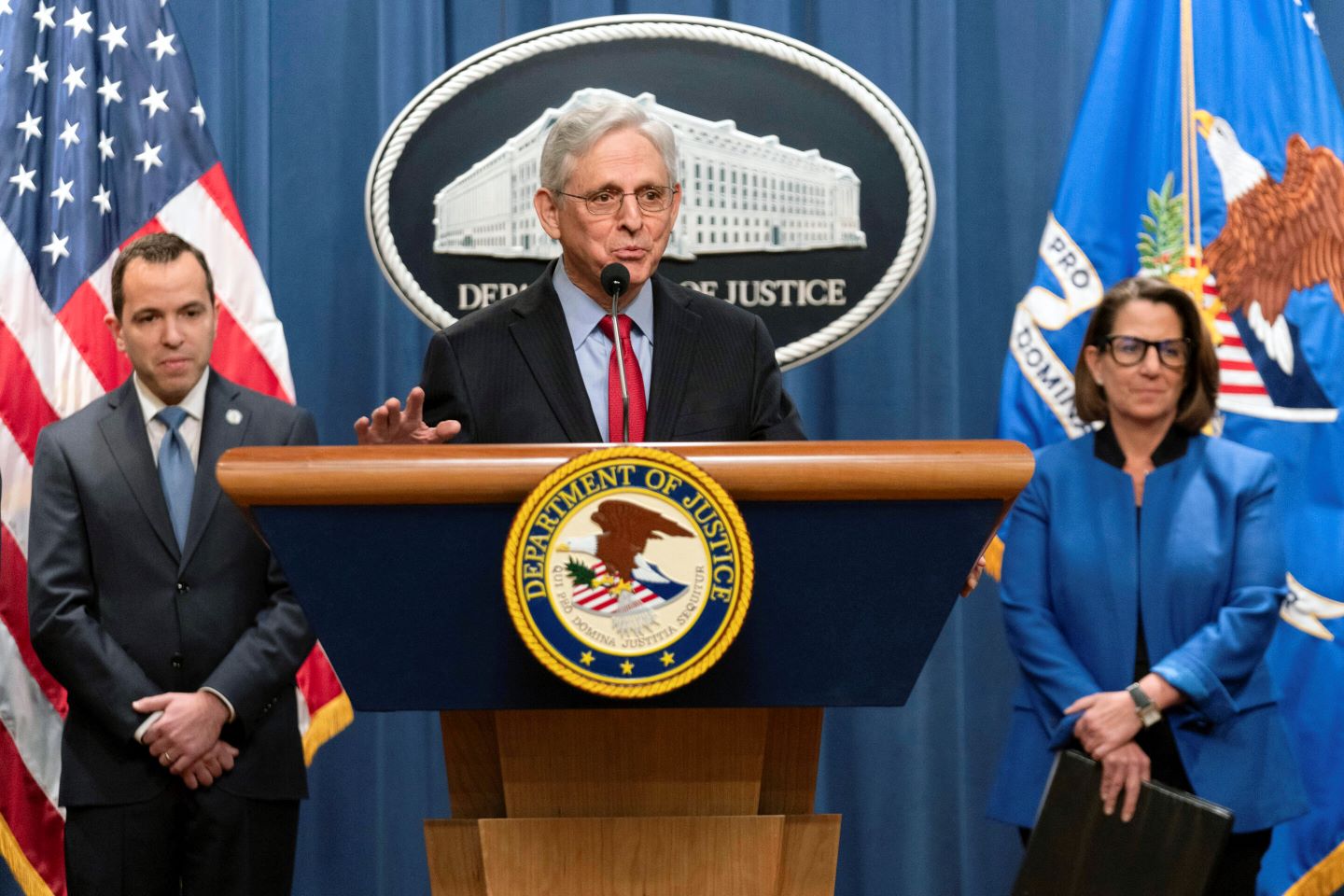The Justice Department launched an extensive antitrust lawsuit against Apple on Thursday, alleging that the tech giant has established an unlawful monopoly in the smartphone market.
According to the lawsuit, filed in federal court in New Jersey, Apple’s practices have sidelined competitors, hindered innovation, and artificially maintained high prices.
Deputy Attorney General Lisa Monaco stated that Apple has cornered consumers into using iPhones while shutting out competitors from the market, ultimately stifling industry progress.
Apple responded, labeling the lawsuit as factually and legally flawed and asserting its intention to vigorously contest it. The lawsuit targets Apple’s tactics in shaping technology and business relationships to extract more money from various stakeholders, including consumers, developers, and small businesses.

The legal action seeks to prevent Apple from impeding technologies that compete with its own apps, particularly in streaming, messaging, and digital payments. It also aims to curb Apple’s ability to craft contracts that reinforce its monopoly status.
Joined by 16 state attorneys general, the lawsuit underscores the administration’s ongoing efforts to foster fairer competition and innovation in the digital realm.
Antitrust experts draw parallels between this case and the government’s past confrontation with Microsoft, highlighting the significant regulatory scrutiny directed at Apple. President Biden’s administration has prioritized robust enforcement of antitrust laws, signaling a renewed focus on corporate mergers and business practices.
The lawsuit challenges Apple’s tightly controlled ecosystem, known as the “walled garden,” which has enabled the company to dominate the smartphone market and amass substantial profits. Apple defends this approach as crucial for user privacy and security, distinguishing its products from competitors running on Android software.

Despite Apple’s assertion of user privacy protection, critics argue that the company’s profit motives undermine its commitment to privacy. They point to Apple’s app store fees and revenue-sharing agreements with Google as evidence of anticompetitive behavior.
While the outcome of the lawsuit remains uncertain, experts predict a protracted legal battle that could last until 2026. The case adds to the administration’s broader antitrust campaign against tech giants like Google and Amazon, underscoring the government’s determination to promote competition and innovation in the digital marketplace.







Leave a Reply